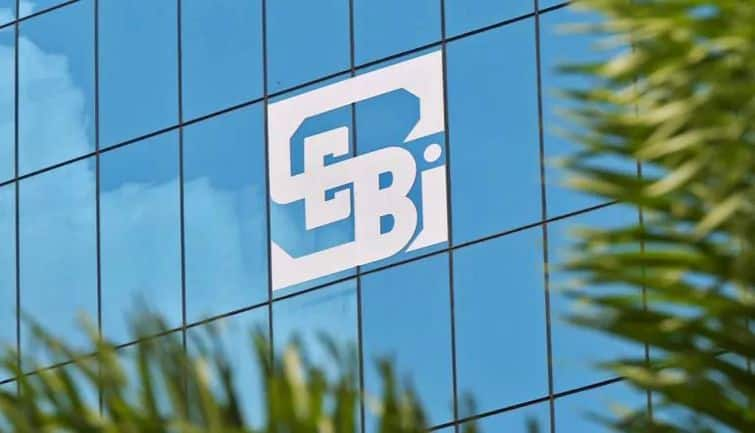Introduction
The Securities and Exchange Board of India (SEBI) has taken a significant step towards simplifying the regulatory landscape for market participants by introducing the Unified Distilled Filing Format (UDiFF). This new initiative is designed to streamline the process of filing regulatory documents, thereby easing the operational burden on market makers and enhancing overall efficiency within the financial ecosystem.
The Benefits of UDiFF
With the implementation of UDiFF, SEBI aims to promote standardized reporting across the market. According to SEBI’s press release dated September 26, the initiative is expected to yield substantial cost savings of over Rs 200 crore in the next five years. This reduction will primarily benefit trading members (TMs), clearing members (CMs), and depository participants (DPs), all of whom are integral to the functioning of financial markets.
Reduction in Reporting Requirements
One of the most noteworthy changes introduced by UDiFF is the significant reduction in the number of reporting formats. Previously, TMs, CMs, and DPs were required to file up to 200 different formats every day. Under the new system, this has been drastically reduced to just 23 daily formats. This simplification is expected to reduce the complexity of compliance, allowing market participants to focus more on their core activities.
Anticipated Cost Savings
SEBI anticipates that the operational expenses associated with daily reporting will diminish significantly. With a projected savings of more than Rs 200 crore over the next five years, this initiative promises to alleviate some of the financial pressures faced by market participants. Additionally, the move is expected to lower the entry costs for new fintech firms, making it easier for innovative technologies and services to enter the market.
Impact on Market Ecosystem
By standardizing reporting formats, SEBI has streamlined the exchange of information between market infrastructure institutions (MIIs) such as stock exchanges, clearing corporations, and depositories. This enhanced clarity and uniformity not only supports compliance but also fosters a more collaborative environment among various market players.
Phased Implementation
SEBI is implementing the UDiFF initiative in phases, ensuring a smooth transition for all stakeholders involved. This gradual approach is essential for minimizing disruptions and allows for adjustments based on feedback from market participants.
Conclusion
The introduction of UDiFF marks a transformative step for SEBI in its efforts to simplify regulatory processes and enhance operational efficiency within India’s financial markets. By significantly reducing the burdensome reporting requirements and promoting standardized procedures, SEBI aims to create a more conducive environment for trade and investment, ultimately driving growth in the financial sector.
Summary of Key Points
| Key Point | Description |
|---|---|
| New Reporting Format | Introduction of UDiFF for standardized reporting. |
| Cost Savings | Estimated savings of over Rs 200 crore over five years. |
| Reduction in Formats | Daily filing formats decreased from 200 to 23. |
| Ease of Entry for Fintechs | Lower operational and integration costs for new entrants. |
| Phased Implementation | UDiFF is being rolled out in stages for a smooth transition. |












